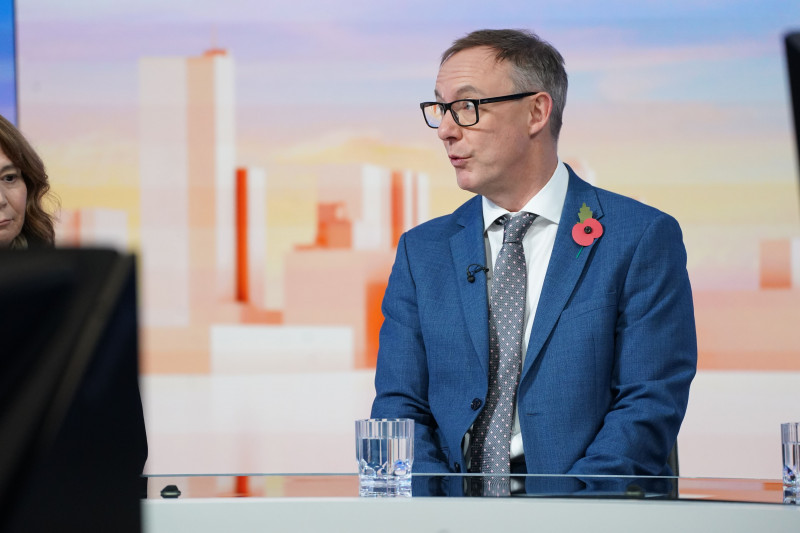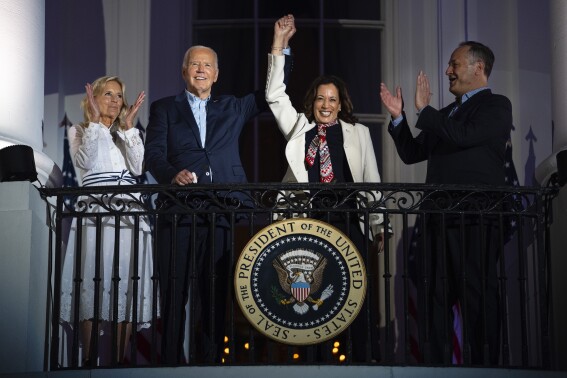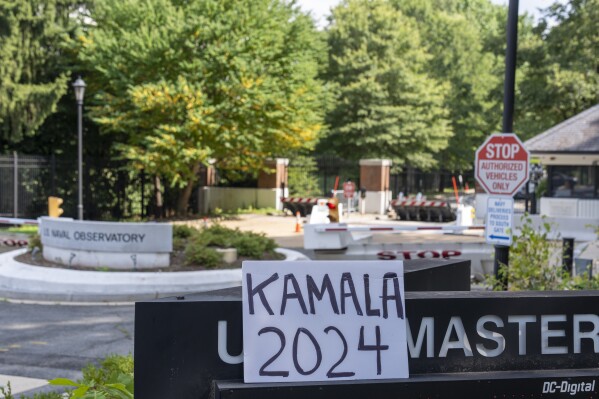Rachel Reeves is facing one of the first major challenges of her time as chancellor, with a decision due within days on public sector pay rises.
The chancellor has been handed recommendations by independent pay review bodies for a 5.5 per cent hike for teachers and some NHS staff.
On Sunday, Ms Reeves hinted she would accept the recommendations, which would see workers handed inflation-busting pay increases.
But the chancellor has also been warned that other public sector staff will likely demand the same treatment, with the parlous state of Britain’s finances making major pay hikes without tax rises or spending cuts increasingly tricky.
The Independent looks at how much the pay increases might cost, and whether Ms Reeves will find the money for them.
Who do they affect?
Pay review bodies representing 514,000 teachers and around 1.3 million NHS staff are believed to have recommended 5.5 per cent pay increases.
Recommendations for other public sector workers, including doctors, dentists, civil servants, police and the armed forces are expected to be similar, according to The Times.
In total, there are 6 million public sector workers.
How much would it cost?
The influential Institute for Fiscal Studies (IFS) think tank said the 5.5 per cent increase would cost at least £3bn across schools and the NHS alone – above what the government has budgeted for.
And IFS director Paul Johnson said that if the pay rises were replicated across the entire public sector, the government could be forced to find an extra £10bn.

Schools, hospitals and other public services are unlikely to be able to finance a 5.5 per cent pay rise, more than double the current rate of inflation, from their existing budgets.
There are fears that Ms Reeves, who was warned before taking over as chancellor that she faced a £12bn hole in the public finances, may have to raise taxes or cut spending elsewhere to meet the costs.
What if the government refuses?
The pay review bodies are only advisory, but their recommendations are often implemented. Rejecting the recommendations would spark anger among the public sector staff affected and could set the stage for further costly industrial action.
Daniel Kebede, general secretary of the National Education Union, warned that ignoring the recommendations of pay-review bodies could result in strike action.
Noting that the new education secretary, Bridget Phillipson, had “worked really hard” to improve relations with the teaching profession, he said: “It would be highly problematic for the Treasury to then intervene and then not implement a 5.5 per cent pay award.
“We absolutely would want to avoid strike action, but that would almost seem inevitable if the Treasury were to make such an intervention.”
So will Ms Reeves approve the increases?
On the BBC’s Sunday With Laura Kuenssberg, Ms Reeves dropped her strongest hint yet that she would fund the 5.5 per cent increases.
The chancellor said her decision will be announced by the end of July, and warned that, while expensive, “there is a cost to not settling”.
She warned of “a cost of further industrial action, and a cost in terms of the challenge we face recruiting”.
But Ms Reeves added: “We will do it in a proper way and make sure the sums add up.”
Disclaimer: The copyright of this article belongs to the original author. Reposting this article is solely for the purpose of information dissemination and does not constitute any investment advice. If there is any infringement, please contact us immediately. We will make corrections or deletions as necessary. Thank you.



